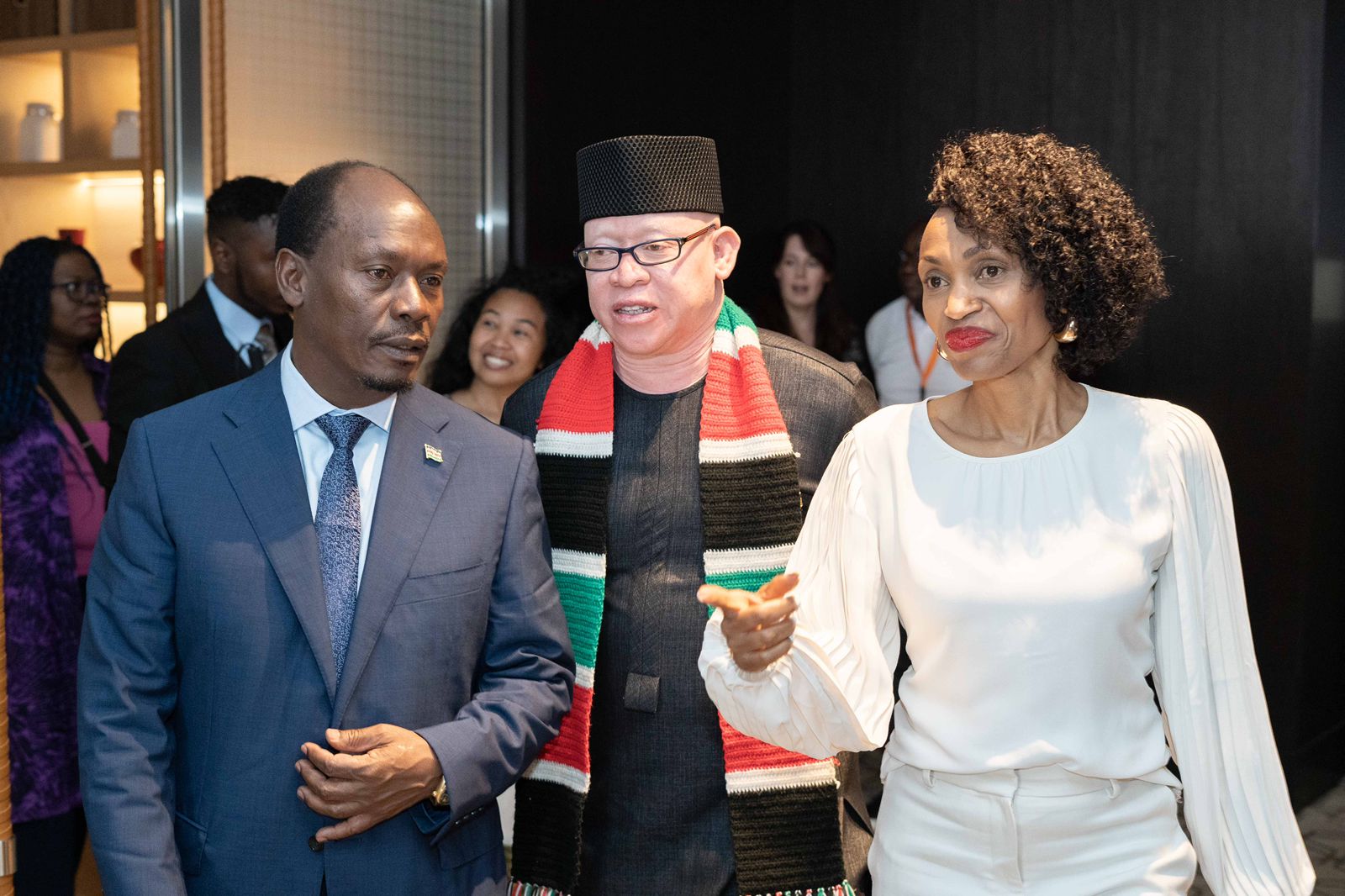
Meta, IFC Back Inclusive Tech as Global AT Day Celebrated in Nairobi » Capital News
NAIROBI, Kenya Jun 4 – Kenya’s capital played host to the 2025 Global Assistive Technologies (AT) Day, spotlighting the country’s growing influence in digital inclusion as innovators, policymakers, and disability rights advocates gathered for the 6th Inclusive Africa Conference.
The event drew global attention to the urgent need for accessible technologies, with tech giant Meta and the International Finance Corporation (IFC) making calls for inclusive innovation that serves people with disabilities—an estimated 1.3 billion globally.
In a keynote address, Maxine Williams, Meta’s Vice President of Accessibility and Engagement, described accessibility not only as a moral imperative but as a catalyst for economic growth.
“When we build with accessibility in mind, we unlock opportunity. We invest in people, and people build economies,” said Williams.
Williams highlighted Meta’s open-source AI tools such as Llama and the Massively Multilingual Speech (MMS) system—capable of supporting more than 1,100 languages, including many African ones previously left out of digital ecosystems.
These tools are already powering a wave of grassroots innovation across Africa, including a maternal health assistant by Jacaranda Health in Kenya, a vaccine chatbot by HelpMum in Nigeria, and Twiga’s AI-powered teaching assistant in Tanzania.
FoondaMate’s AI study buddy, now widely used by students in Sub-Saharan Africa, was also highlighted as an example of how accessible AI can bridge gaps in education.
Meta has also rolled out accessibility features across its platforms.
WhatsApp now supports voice message transcription, while Facebook and Instagram offer enhanced screen reader compatibility and AI-generated image descriptions—developed in consultation with people with disabilities.
“Real accessibility happens when those most impacted help design the solutions,” Williams noted.
IFC’s Global Director of Gender & Economic Inclusion, Nathalie Kouassi Akon, underlined the business case for investing in inclusive tech, sharing the story of Regina—a Nairobi entrepreneur whose business thrived after receiving a smartphone through a local fintech platform.
But she warned that accessibility gaps remain stubbornly wide noting that nearly 80% of rural Kenyans with disabilities still lack access to basic technology and financial services.
She pointed to the MOSAIC initiative, launched with global AT partnership ATscale, as a model for transforming Africa’s assistive tech sector.
The programme aims to boost local manufacturing and skills development to meet rising demand.
With the global AT market projected to hit USD 60 billion by 2030, Akon said Africa is well-positioned to tap into that growth—provided that governments, civil society, and industry work together.
This year’s Global AT Day celebration marked a growing shift in narrative—from viewing accessibility as charity to embracing it as innovation.
From screen readers and mobility aids to AI-powered assistants, assistive technologies are increasingly central to education, employment, and independent living.
Yet only one in 10 people worldwide currently have access to the assistive devices they need, according to global estimates.